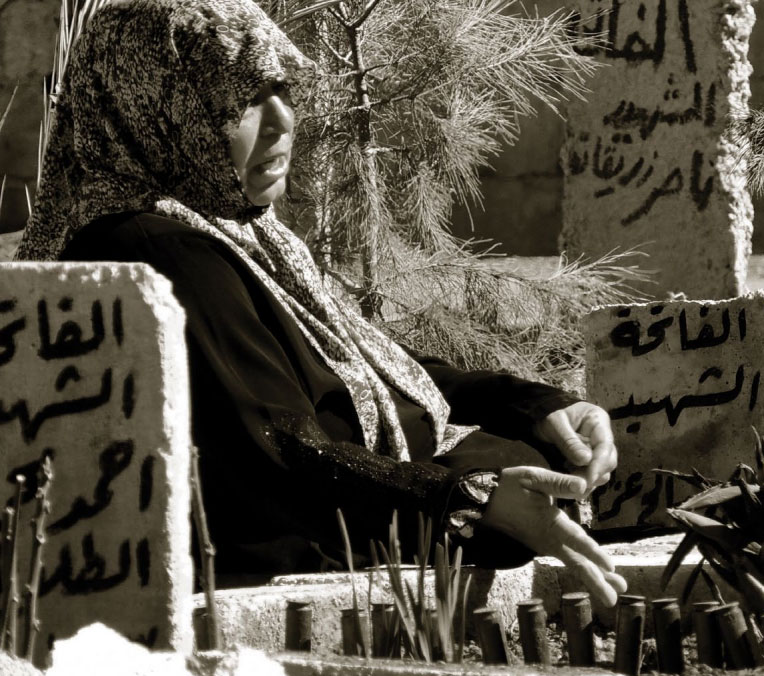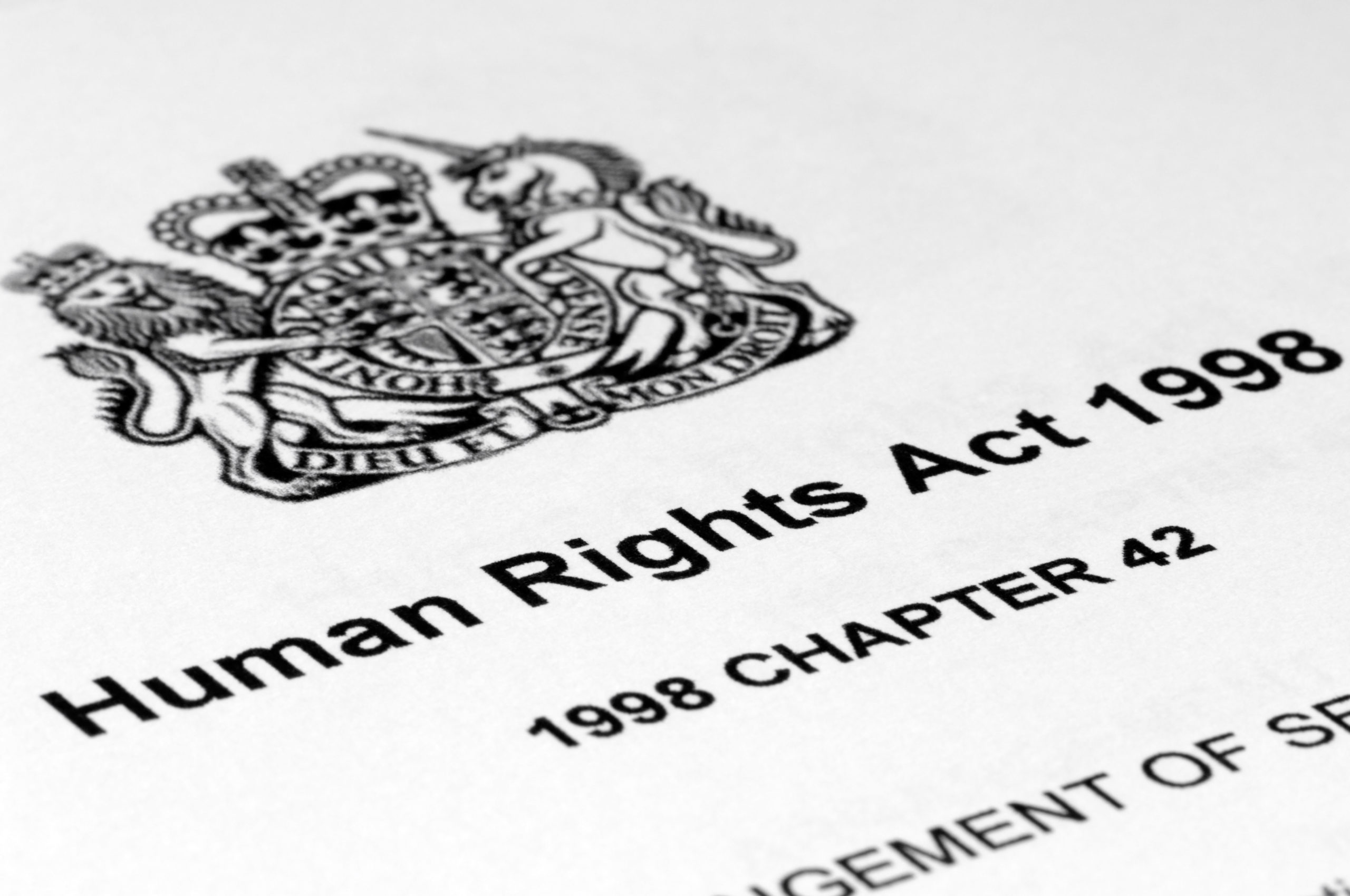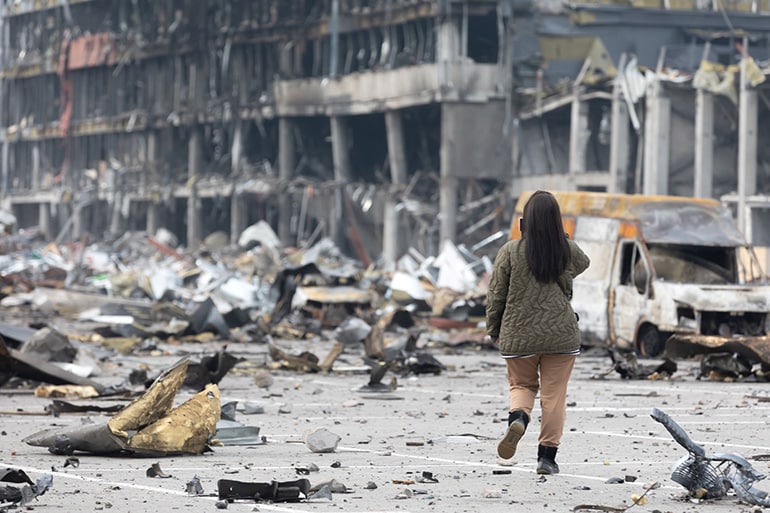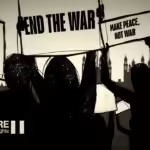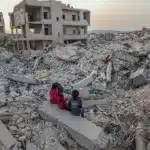May 2015
As atrocities continue to mount in Syria, A Step towards Justice: Current accountability options for crimes under international law committed in Syria is the first report to offer a detailed examination of the mechanisms available to deliver justice to the Syrian people while the conflict goes on.
Drawing on comprehensive legal analysis, the joint report by the Ceasefire Centre for Civilian Rights and the Syria Justice and Accountability Centre (SJAC) evaluates the potential avenues towards securing accountability for war crimes and crimes against humanity in Syria, including massacres of civilians, indiscriminate aerial bombardment, enforced disappearances, systematic torture, rape, and the use of children in hostilities.
May 2015
As atrocities continue to mount in Syria, A Step towards Justice: Current accountability options for crimes under international law committed in Syria is the first report to offer a detailed examination of the mechanisms available to deliver justice to the Syrian people while the conflict goes on.
Drawing on comprehensive legal analysis, the joint report by the Ceasefire Centre for Civilian Rights and the Syria Justice and Accountability Centre (SJAC) evaluates the potential avenues towards securing accountability for war crimes and crimes against humanity in Syria, including massacres of civilians, indiscriminate aerial bombardment, enforced disappearances, systematic torture, rape, and the use of children in hostilities.
While there are constraints on the current feasibility of the most prominent mechanisms, including domestic courts and the International Criminal Court, as well as alternative mechanisms such as hybrid tribunals, the use of foreign national courts remains open.
‘European jurisdictions are increasingly prosecuting those charged with supporting ISIS in Syria, but not those from the government side who commit atrocities,’ said Mark Lattimer, Ceasefire’s Director. ‘The challenge now is whether foreign courts or other mechanisms can bring to justice perpetrators from all sides of the conflict, including those with responsibility for the gravest crimes.’
‘Some countries might be able to utilize their domestic jurisdictions to prosecute a few perpetrators,’ said Mohammad Al Abdallah, Executive Director of the Syria Justice and Accountability Center. ‘While this is a good first step towards justice, and may be the only available one at the moment, it is not sufficient and does not respond to the magnitude of the violations occurring in Syria over the past four years.’
The report examines the practical and ethical challenges of the various accountability mechanisms currently available. By providing recommendations to better inform the international community’s role in securing accountability under international law, the report helps to guide the next step towards justice in Syria.
The report’s findings will be discussed at a meeting at the American Bar Association (ABA) Center for Human Rights in Washington DC on Tuesday 12 May from 2:00PM – 3:00 PM (EDT) with:
Chair: Honorable Patricia Wald, former Chief Judge, US Court of Appeals, District of Columbia Circuit. A former judge of the International Criminal Tribunal for the Former Yugoslavia, she is a recipient of the Presidential Medal of Freedom
Mark Lattimer, Director of the Ceasefire Centre for Civilian Rights
Mohammed Al Abdallah, Executive Director of the Syria Justice and Accountability Centre
Jennifer Trahan, Associate Clinical Professor at the Center for Global Affairs, New York University

